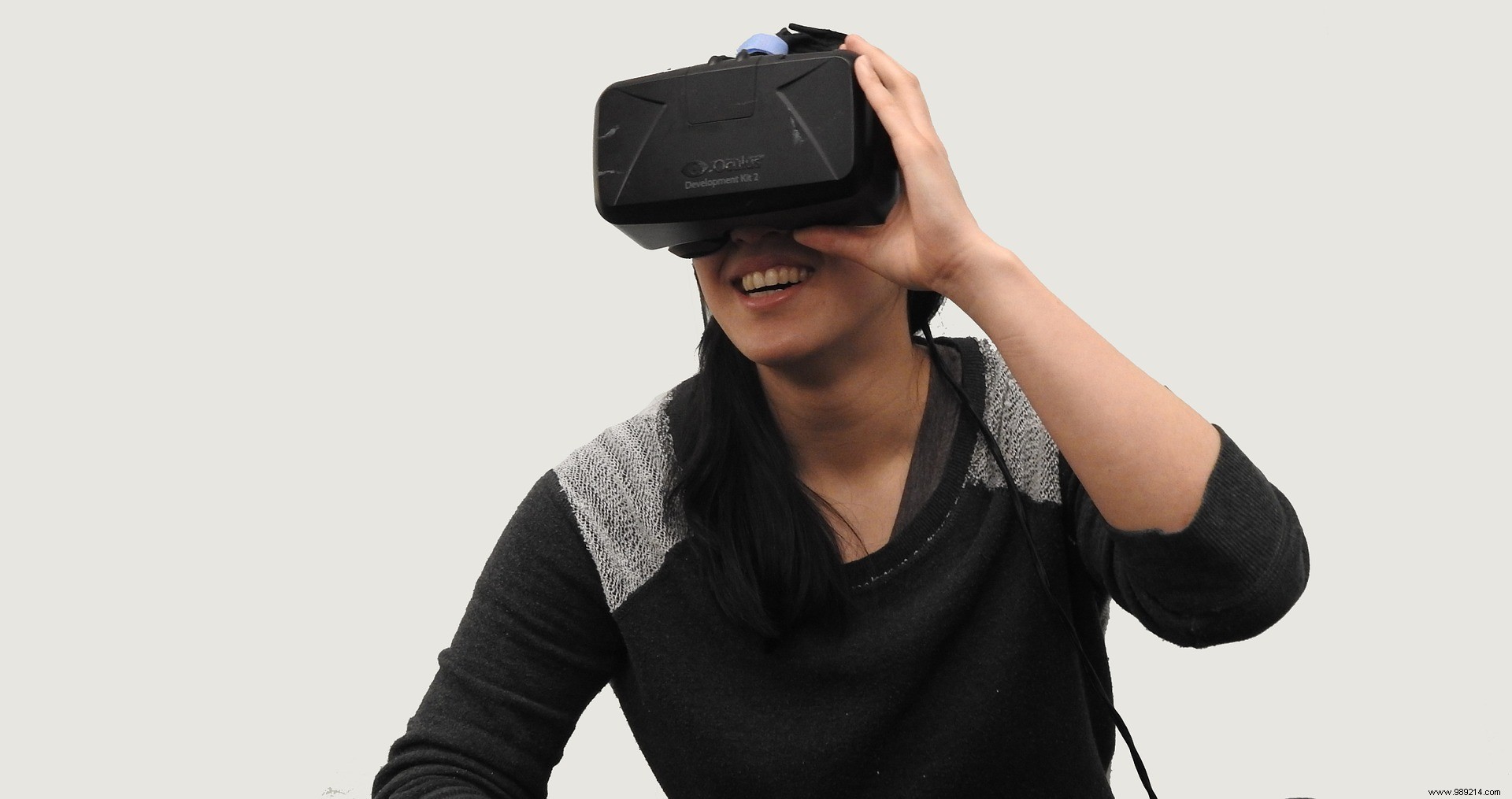A recent German study looked at the possible dangers induced by virtual reality on mental health. The researchers conducted their study after observing gamers complaining online about psychological disorders.
Virtual reality (VR) is already widely used in the field of health. It can in particular be prescribed to relieve back pain, treat the treatment of post-traumatic stress or even relieve pain by placing patients under hypnosis. However, this technology also has physical inconveniences such as the feeling of nausea (motion sickness), but also pain in the arms and muscle injuries in the shoulders. What if virtual reality could also endanger mental health users ? A team from the University of Bonn (Germany) addressed this question in a study whose details will appear in the journal Computers in Human Behavior to be published in June 2022.
Scientists first observed online forums on the subject of video games and found that some players complained of depersonalization disorders. It is a persistent or recurring feeling of detachment from one's own body or mental processes by feelinglike an outside observer of one's own life .

The researchers then recruited 80 people for one session of The Elder Scrolls V:Skyrim . The participants then joined two groups. The first included players using a VR headset and the second included players facing a computer screen. According to the results, the feeling of depersonalization was greater in all participants after the session. However, this same sensation was more marked among the players in the group in virtual reality .
Scientists say half an hour of use VR may induce mild symptoms of depersonalization and derealization. On the other hand, these symptoms do not reach clinically worrying levels and only manifest themselves in a fleeting way immediately after using this technology.
However, the researchers say they only studied healthy individuals. A similar experience on people with an increased risk of psychosis or already affected by anxiety disorders or post-traumatic stress disorder could thus give other results. Scientists therefore believe that further work needs to be carried out in order to verify more precisely the impact of this technology on mental health.